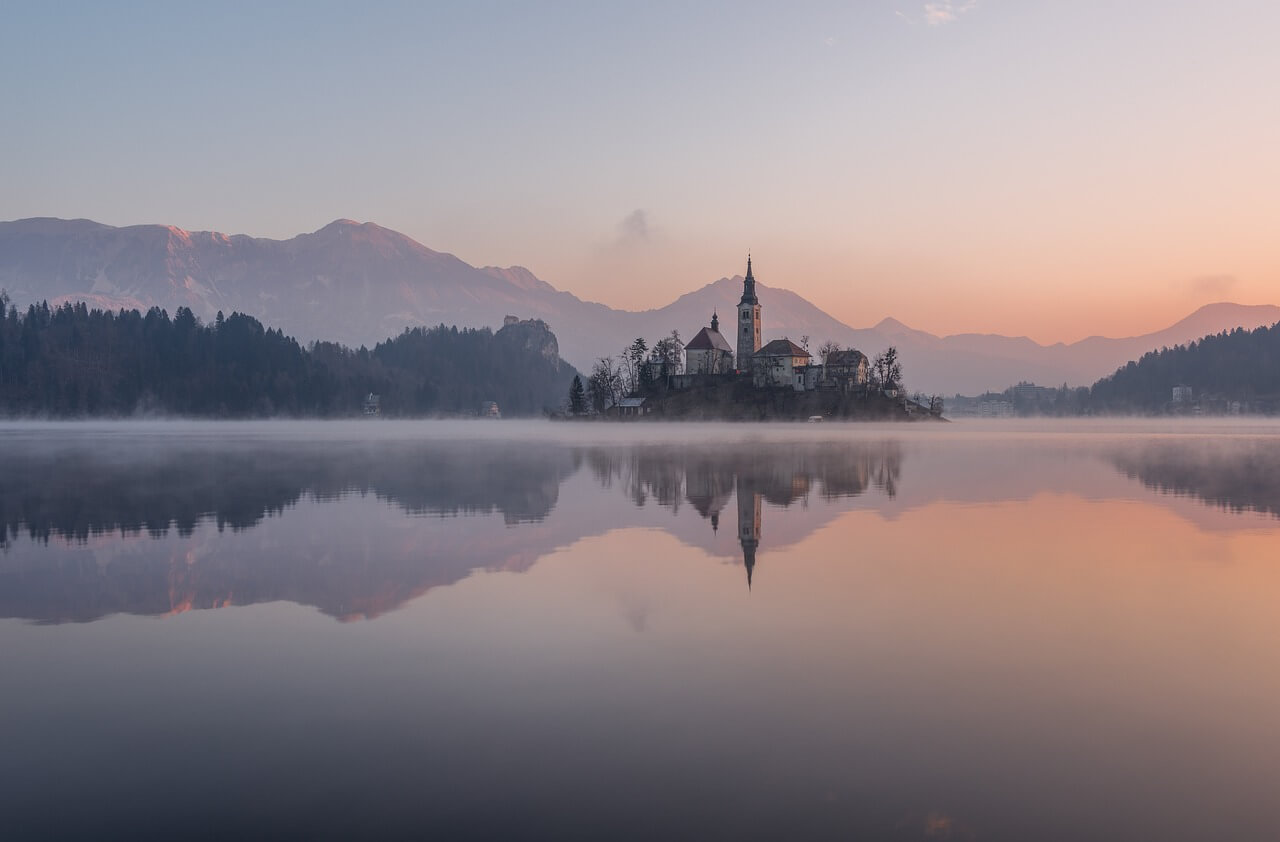The tales we tell are part of us–deep in the subconscious–and present in the conscious mind too.
Our conscious mind creates ideas continuously based on what we see, hear, and read. Those ideas don’t necessarily soak deep into our subconscious so if our conscious thought is contrary to a subconscious belief then that belief or understanding doesn’t necessarily change. For example: if for most of our life, we have held a subconscious belief that we struggle with money and constantly don’t have enough, a conscious thought every once in a while that we do have enough money doesn’t reach into our deep subconscious and change that belief. This can lead to frustration with our progress or lack thereof to make a lasting change in that belief structure. This can lead to hearing society’s voice screaming in our head “Change is hard, people don’t change” and our struggle is justified.
Rest assured it is not a hopeless pursuit to change our subconscious beliefs.
I have seen people who thrive on proving others (or themselves) wrong use seemingly limiting beliefs to propel themselves forward. People who are self-motivated and find the drive from within to show themselves (and the world) yes I can, are often seen by the rest of us as lucky. People are not simply lucky or unlucky. Successful people by-and-large hold a subconscious belief that they can and will. Many of us are more like the reed in the wind and our thoughts & feelings can shift based on our environment rather than our inner truth. We need to remember that just because we haven’t yet doesn’t mean that we can’t. It also doesn’t mean that we are lacking organization or determination.
Can all types of people make effective changes in their lives? YES.
Our task: Know ourselves–Accept who we are–and take steps to move Forward.

There are no people who are luckier and more blessed than others–though it may appear that way when we look at someone who seemingly “has it all”
Step 1. Know thy self:
What do I know to be true rather than what do I want to be true?
We don’t know what’s lurking around in the bottomless subconscious. It truly is a place deep within us without limits. This can feel daunting, but it’s also great because it’s limitless (like our potential) and we can add as much wonderful uplifting beliefs as we can dream up! Our first step is to have some idea of what’s in there. Look at your patterns, your reality, and your dreams: what do you display to yourself and the world?
Using myself as an example: my dream is to quit my office job and work for myself. I know that I have a subconscious belief that is not possible because I have been talking about doing this for years and it’s not until recently that I took the time to be brave and put my foot firmly “out there” in the world to share who I am with the world. Do I have to share personal beliefs in order to quit my office job? Well, I didn’t think so, I have tried several routes that ended flat because I wasn’t behind the idea. I was simply trying to do something that I heard could work. Since I didn’t believe it (though I wanted to) I didn’t make the progress that I was hoping for. That’s what led me here to write to you. I do have a belief in authenticity so in order for me to challenge the belief that I have something to offer I have to be authentic. I’m using one subconscious belief to change another.
Step 2. Acceptance
Acceptance can be as complicated or as simple as we choose. It often involves a feeling of letting go–which I know sounds backward if our goal is to move forward! What works for me in acceptance is letting go of the feeling of I want or I need. Those are limiting feelings and what we truly want is limitless beliefs.
My personal example: I accept that I have not accomplished my goal of quitting my office job. I have not found the answer. I accept that what I want is not my reality right now. This frees me from the negative thoughts and feelings that keep me down. When I focus my thoughts on why haven’t I accomplished my goal yet I feel low, weak, and helpless and I beat myself up. I feel unlucky because other people have achieved this goal but not me! Focusing (and whining) on why that person and not me doesn’t help with acceptance. That attitude perpetuates my subconscious thought that I am deficient and cannot achieve my goals.
The simple acceptance that I have an office job, for now, settles the swirling thoughts and emotions that keep me stuck.
Step 3. Moving Forward
There doesn’t need to be a pause between steps 2 & 3! Once I have that moment of acceptance I feel free and the possibilities show up to help me move forward. I’m never alone, if I don’t want to be. No one is alone in society. I am an introvert and I often shy away from social interactions. This does not mean that I feel lonely, society is with me and I am part of it. I get pointers from people I know and from people I don’t know all the time and once I’m free to see the path ahead I can plant my foot on the first stepping stone.
What happens for me: once I can get the swirling defeating thoughts to calm down a bit I let the wisdom into my bubble. Currently, my favorite wisdom is coming from podcasts and social media. This absolutely cracks me up because I thought I was afraid of social media. It’s fast and overwhelming but I don’t have to understand it all and I can unfollow pages that I don’t resonate with. The acceptance of what is, like my hour-long commute into the office every weekday, allowed me to fill that hour with enjoyable, helpful, thoughtful, and uplifting podcasts and audiobooks. Instead of being jealous of the people I am listening to my attitude is that of a student and I listen to their experience & wisdom.

Why are Fairytales important?
Fairy tales, for better or worse, are part of our society and the collective subconscious. Fairy tales and other deep-rooted beliefs are part of our personal subconscious. Are fairy tales detrimental to children? Are they powerful reminders of life’s possibilities? Are they keeping us in binary thinking? All opinions and questions about fairy tales are valid–and all the opinions are true and in contradiction.
The classic Disney cartoon fairytales are what many of us grew up watching–and guess what–when we see something that makes an impression at a young age it sticks with us in our subconscious. Generations of little girls were taught to be pretty, sweet, and kind and wait for our prince to make our lives whole. Generations of little boys were taught to be brave, honest, and stalwart and they would be rewarded with a compliant pretty girl. These tropes have been prevalent in fairy tales since the 1950s partly because Walt Disney made films but also because these were already structures of our culture. Disney capitalized on the stereotypes that were already present, he did not invent misogyny. I have seen revisions and reworkings of classic tales that try to make a dent in the good-girl/brave-boy belief and maybe as a society, we will turn this ship around (or sink it) one day.
Today, I have control of my own subconscious beliefs.
My subconscious belief: Waiting for rescue.
I accept: When I feel stuck I recognize this is a choice, because society isn’t forcing me to tread water.
I move forward: Many doors are open to me, I choose one and walk through it.
How do fairytales fit in?
Fairy tales are with us and always will be. As far as we can tell the tradition of sharing stories of a fantastical nature has been part of humanity since we formed community groups. One of the very oldest tales in Western culture is Jack and the Bean Stalk about a young boy who is given magical beans that lead to a scary and fantastical world with giants. Jack is a normal boy who goes on an adventure and overcomes obstacles. Humanity has always been interested in pushing our limits and empowering ourselves to strive ever to be more.
That’s what fairytales teach us–to push our limits–to be rebels–to individuate
How then did Disney mess things up so horribly for our culture?
The love/hate of Disney: Did Walt Disney ruin fairy tales or did he preserve them for future generations? He did both and in fairness to the man and the early Disney company, they were responding to what the culture was promoting at the time. Disney is mainly known for Mickey Mouse, and that’s a different discussion than the fairytales. Beginning in the 1930s the Disney company produced: Sleeping Beauty, Snow White, Cinderella, Lady & the Tramp, Aladdin, Beauty & The Beast, The Little Mermaid, and many more. Most of these have been watched by millions of small children and adults.
When I was writing my dissertation on transformative elements in fairytales (think Sleeping Beauty) many people assumed I was writing about Disney tales and the Grimms’ publications from the early 1800s. I touched on both but relied heavily on lesser-known publications and linked them to modern writers, like The Twilight Saga. When we care to take notice we see that fairytales are all around us. And they don’t all have a happy ending… but I believe they all have a lesson. Modern reinterpretations of fairytales often fall flat when they reinvent too much. One thing that Disney understood is how to hook an audience. He understood the perfect combination of fantasy, reality, and adventure. When we connect to a character the story makes its way into our subconscious and we don’t have conscious control over what aspects of the story leave the greatest imprint. For some the open possibilities in fairytales make a deeper impression than the limitations. I see and hear though, that the limitations are what sank in for many of us. We can see the world as limiting and wait for the rescue to show up.

We cannot run parallel realities and as such we will never know how prevalent fairytales would be in our modern society if Walt Disney had not made his infamous films. Is there a harm in watching Disney fairytales? Well… they are the watered-down versions of beautifully creative stories from past centuries. Some of the “original” stories are not child appropriate and therefore it is completely reasonable to water things down for a broader audience. Are the fairytale movies themselves any more harmful than the other social cues that tell us the same things? Probably not, however, the films create an emotional connection that makes us more vulnerable to being influenced by the storyline and characters.
My personal view though is that it is unfortunate that Disney cornered the modern market and every little girl thinks fairytales are about becoming a princess. Fairy tales are about life–all of life. The tough stuff, the joys, the roads less traveled, and the hard-won rewards.
A word about the Grimms Brothers: they recorded and re-wrote fairy tales to preserve their own cultural history. They had no idea when they began that many of the German tales were similar to French, Italian, British, and even Chinese stories. One outcome of the Grimms’ publications is that we can compare and contrast different cultures that communicated through an older oral tradition that crossed language and country boundaries. This all happened for centuries along the remarkable Silk Road where ideas and merchandise passed from one culture to another.
Where did any fairy tale begin? Origin unknown. The oral tradition of fairytales means that we will never know a time or place for an original story. The mystery must be left as is… unknown.
Fairytales are part of the culture we are in, for better or worse, there is no denying that fact. So, my goal is to enliven them, uncover them, and understand them. Understanding fairytales helps us to understand our past, it’s the story of history. Fairy tales don’t tell us the facts of history, rather they enlighten us about past cultures and what they held as important or possible. And today we can see where some of the past cultures are still alive in our modern culture. Through understanding, we can decide what parts of past cultures we value and what parts we want to transform.
Transformation is inherent in many fairytales–they are written for people facing challenges and life-changing situations. Who’s never been there?
Let me know if you agree or not–fairytales are relevant, even when we don’t like the message. Fairy tales are inspiring even when we don’t agree on the trappings.





